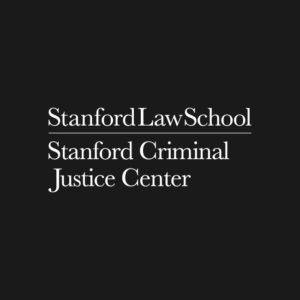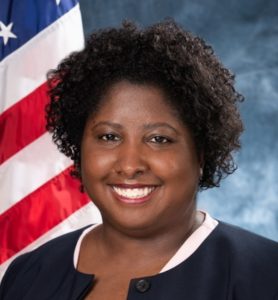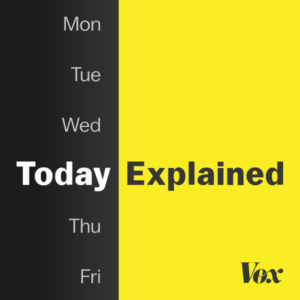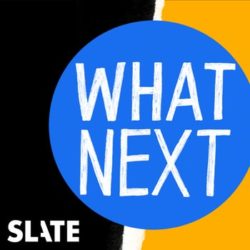SLS COVID-19 Discussions – Domestic Violence, Persons with Disabilities and Voting Rights
Discussions feature the impact of COVID-19 on domestic violence, persons with disabilities, and voting rights.
May 15, 2020 — Stanford Law School has published new discussions covering the impact of Covid-19 on society, including a speaker panel hosted by Stanford Law’s Criminal Justice Center, a Harvard University’s Radcliffe Institute for Advanced Study speaker panel featuring Stanford Law Associate Professor Rabia Belt, and several podcasts featuring interviews with Professor Nate Persily, including Slate’s Daily Feed, The LawFare Podcast, Vox’s Today Explained, and the election podcast Free & Fair.
Stanford Law faculty, students and colleagues are actively engaged in addressing the important legal and policy challenges that have emerged as cities, states and countries respond to the novel coronavirus. These discussions are published on SoundCloud and can also be found here under “Podcasts and Discussions.”

Domestic Violence and COVID-19
The Stanford Criminal Justice Center hosted a speaker panel that discussed how COVID-19 has affected domestic violence. The panel, moderated by Stanford Law Professor David Sklansky, included Rachel Louise Snyder, author of No Visible Bruises: What We Don’t Know About Domestic Violence Can Kill Us, Lisalyn Jacobs, the CEO of Just Solutions: Bringing in Justice to Counteract Injustice and former vice president of Government Relations for Legal Momentum, and David Martin, Senior Deputy Prosecuting Attorney and chair of the Domestic Violence Unit in the King County Prosecuting Attorney Office.

Ensuring Health Equity for Persons with Disabilities
In a discussion hosted by Harvard University’s Radcliffe Institute for Advanced Study, Stanford Law Associate Professor Rabia Belt discussed how COVID-19 threatens to push hospital resources beyond capacity with states, hospitals, and advocacy organizations formulating protocols to address potential discrimination against persons with disabilities.

Vote and Die
In April 2020, voters from Wisconsin had a choice to make, vote and risk contracting COVID-19 or stay home. In an episode of Vox’s Today, Explained, voting rights expert and Stanford Law Professor Nate Persily talked about the vote in Wisconsin and what’s to come with the rest of America as the November elections approach.

Voting in the Time of the Virus
In an episode of Free and Fair with Ned Foley and Franitz Tolson, Stanford Law’s Nate Persily and other election scholars discussed what needs to be done to prepare for the November 2020 elections and what happens if there is a second wave of the virus.

Can Democracy Survive the Internet?
Stanford Law Professor Nate Persily talks to Evelyn Douek and Quinta Jurecic in an episode of The LawFare Podcast. The Kofi Annan Commission on Democracy and Elections in the Digital Age recently released a report on election integrity and the internet for which Persily, a member, provided a framing paper. During the episode, Persily discussed the commission report and the challenges the internet may pose for democracy, the influence of the pandemic, as well as the 2020 presidential election.

How to Hold an Election During a Pandemic
In an episode of Slate’s What Next, Stanford Law Professor Nate Persily discussed how the United States can hold an election in a time of social distancing if COVID-19 continues to worsen.
